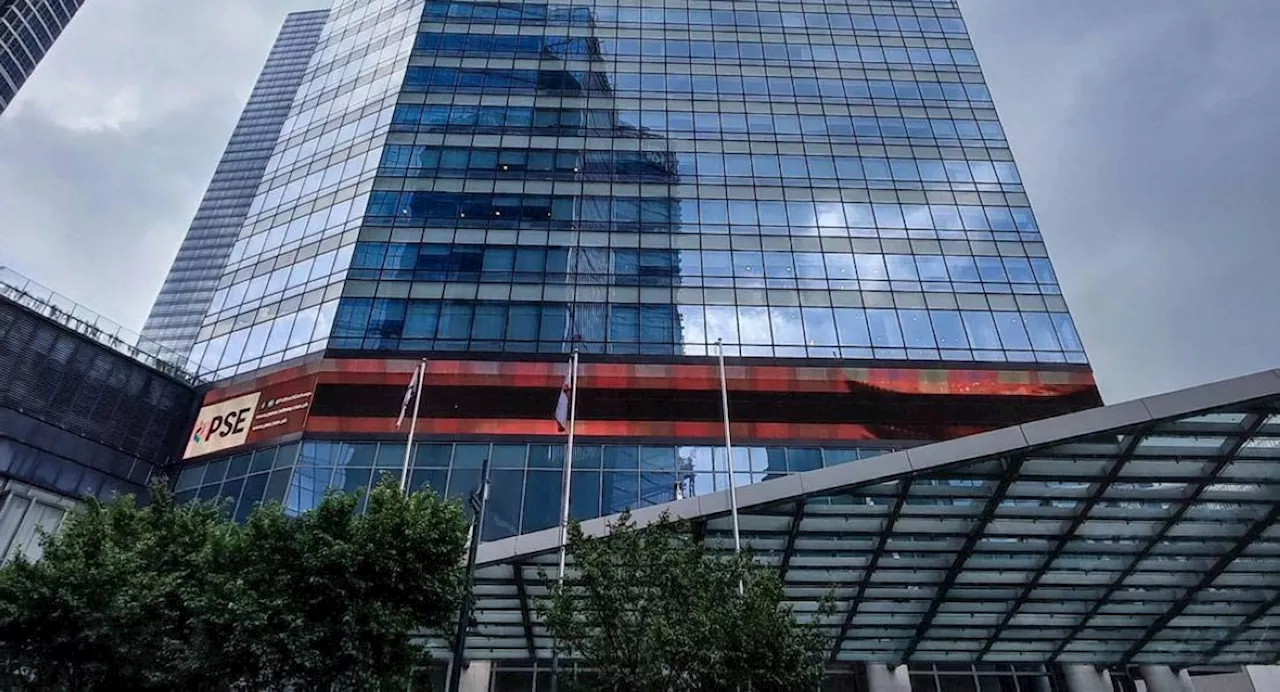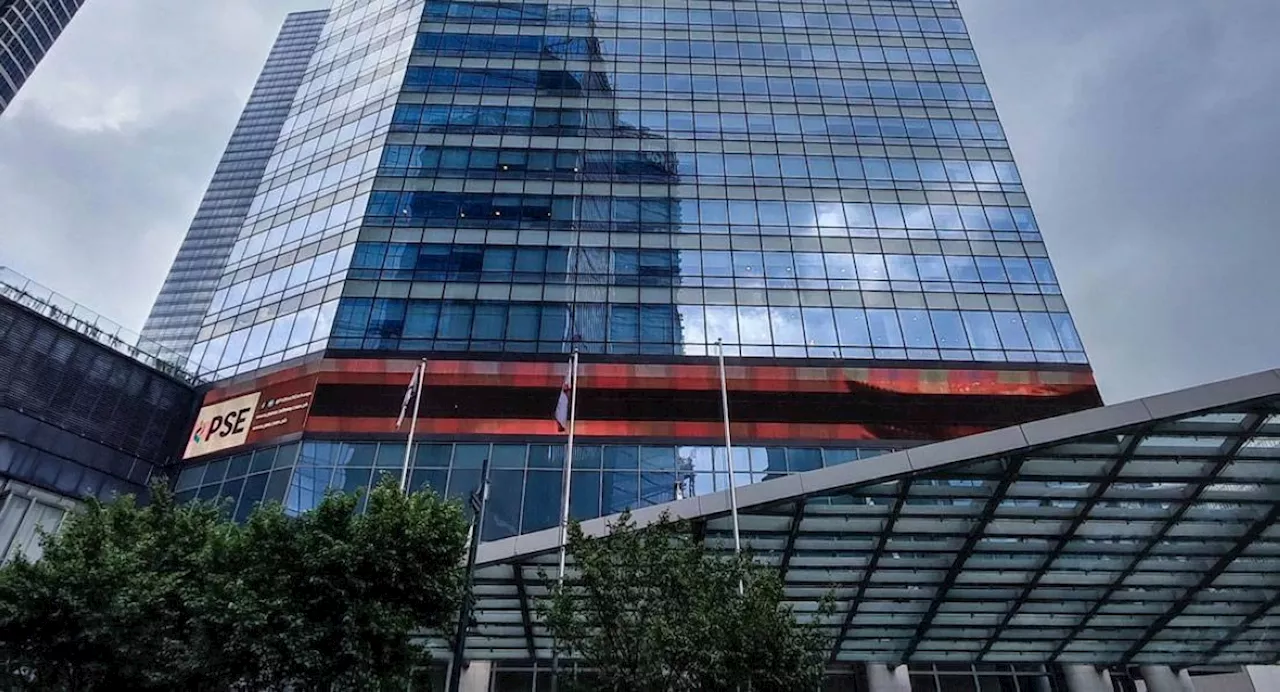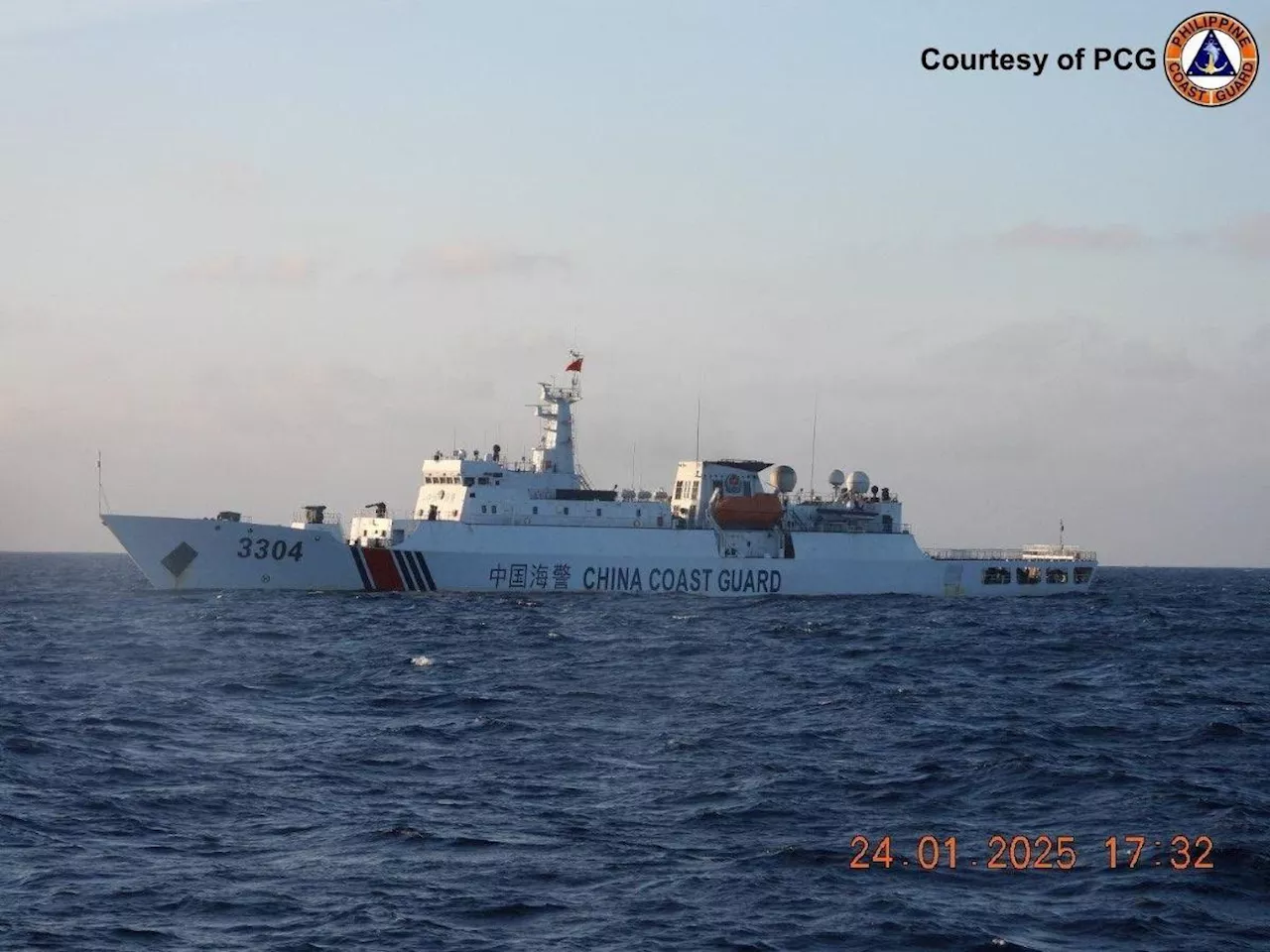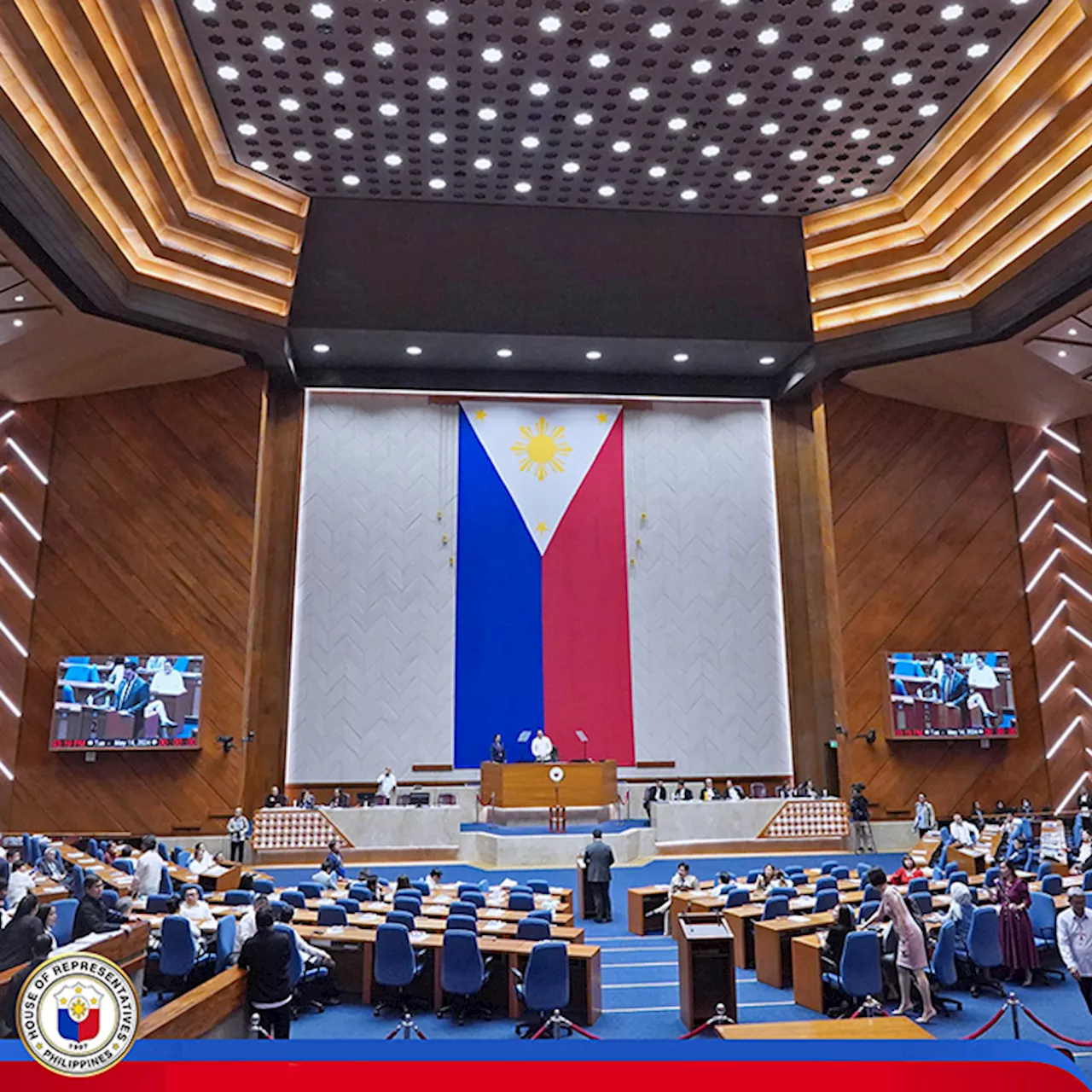The Philippine House of Representatives has approved two measures aimed at reducing the scheduled annual tax increases on cigarette products while strengthening excise tax administration to combat illicit trade. HB 11360 proposes amendments to the National Internal Revenue Code to adjust the tax rates for various tobacco products and HB 11286 introduces a mandatory tracking and tracing system for tobacco products.
The House of Representatives has approved two measures on second reading aimed at reducing the scheduled annual tax increases on cigarette products while strengthening excise tax administration to combat illicit trade and minimize revenue losses. HB 11360 proposes amendments to several sections of the National Internal Revenue Code of 1997, specifically Sections 144, 145, 147, 263-A, and 289.
Under the bill, excise tax rates for tobacco products, including heated tobacco products, vapor products, cigarettes packed by hand, and cigarettes packed by machine, will increase by 2 percent every even-numbered year starting January 1, 2026; and by 4 percent every odd-numbered year starting January 1, 2027, until December 31, 2035. Under the current law, the tax rate for these tobacco products will be increased by 5 percent each year. Moreover, as a safeguard against frontloading, the Department of Finance (DOF), in consultation with the Bureau of Internal Revenue (BIR), will set a reasonable threshold for removals. Additionally, the bill grants the President the authority to increase the tax rate by up to 5 percent upon the recommendation of the Secretary of Finance in the event that the actual national government deficit exceeds the program deficit by the equivalent of 2 percent of the previous year’s GDP. Furthermore, the bill mandates a comprehensive review of the imposed tax rates after the 10-year period. This assessment will evaluate the measure’s impact on revenue collections, health costs, and the prevalence of smoking. Earlier, the Sin Tax Coalition rejected the proposals seeking to amend excise tax and prevent illicit trade of tobacco and related products. Illicit trade must be fought head-on through stringent enforcement of good rules by government agencies, the group noted.Citing the position paper of the Department of Finance, Finance Director Euvimil Nina Asuncion emphasized before the lower chamber the importance of mitigating illegal activities that impact public health and revenue generation. “The DOF generally supports the intent of the bills to mitigate illicit trade of tobacco and related products, cognizant that illicit trade is a persistent problem that continues to erode government revenues and reverse our wins in reducing smoking prevalence,” she said. Meanwhile, HB 11286 introduces a mandatory tracking and tracing system requiring the use of secure digital markers with unique identifier features on tobacco products. Additionally, it defines the crime of illicit trade of covered products and imposes commensurate penalties for such offenses. Manufacturers will be required to register their tobacco product manufacturing equipment within 30 days from acquisition or disposal. Digital platforms are also mandated to ensure the absence of illicit covered products on their respective platforms. The Bureau of Internal Revenue, through the National Telecommunications Commission, will be granted the authority to remove illicit product listings from digital platforms. The bill further outlines the procedure for custody and disposition of confiscated, seized, or surrendered covered products to ensure a proper chain of custody. To strengthen enforcement, the bill establishes an Inter-Agency Tobacco Illicit Trade Council, to be chaired by the Department of Finance, which will implement appropriate measures to suppress the illicit trade of covered products
Excise Tax Tobacco Illicit Trade Philippines House Of Representatives HB 11360 HB 11286
Philippines Latest News, Philippines Headlines
Similar News:You can also read news stories similar to this one that we have collected from other news sources.
 Philippine Singer Launches Movement to Unite Filipinos Against China in West Philippine Sea DisputeRannie Raymundo, a popular Filipino singer, has joined forces with the Fraternal Order of Philippine Eagles to spearhead a nationwide movement aimed at rallying Filipinos in response to escalating tensions in the West Philippine Sea. The WPS Eagles Movement seeks to foster patriotism, galvanize collective action, and counteract Chinese disinformation campaigns.
Philippine Singer Launches Movement to Unite Filipinos Against China in West Philippine Sea DisputeRannie Raymundo, a popular Filipino singer, has joined forces with the Fraternal Order of Philippine Eagles to spearhead a nationwide movement aimed at rallying Filipinos in response to escalating tensions in the West Philippine Sea. The WPS Eagles Movement seeks to foster patriotism, galvanize collective action, and counteract Chinese disinformation campaigns.
Read more »
 Philippine Coast Guard Monitors Chinese Vessel in West Philippine SeaThe Philippine Coast Guard (PCG) is closely watching a Chinese Coast Guard (CCG) vessel operating illegally off the Zambales coast in the West Philippine Sea (WPS). The PCG deployed the BRP Gabriela Silang to keep a protective distance from the CCG vessel, preventing its approach to the Philippine coastline. Despite the CCG's radio challenges alleging a violation of maritime collision regulations, the PCG maintains that the core issue is the CCG's illegal presence in Philippine waters.
Philippine Coast Guard Monitors Chinese Vessel in West Philippine SeaThe Philippine Coast Guard (PCG) is closely watching a Chinese Coast Guard (CCG) vessel operating illegally off the Zambales coast in the West Philippine Sea (WPS). The PCG deployed the BRP Gabriela Silang to keep a protective distance from the CCG vessel, preventing its approach to the Philippine coastline. Despite the CCG's radio challenges alleging a violation of maritime collision regulations, the PCG maintains that the core issue is the CCG's illegal presence in Philippine waters.
Read more »
 Philippine Stock Exchange to Acquire Controlling Stake in Philippine Dealing System Holdings Corp.The Philippine Stock Exchange Inc. (PSE) is reallocating P110 million from a 2018 stock rights offering to acquire a controlling stake in the Philippine Dealing System Holdings Corp. (PDSHC). This move follows a series of share purchases by the PSE from other PDSHC stakeholders, aiming to consolidate the country's equities and fixed-income exchanges. The PSE's equity stake in PDSHC currently stands at 55.53 percent.
Philippine Stock Exchange to Acquire Controlling Stake in Philippine Dealing System Holdings Corp.The Philippine Stock Exchange Inc. (PSE) is reallocating P110 million from a 2018 stock rights offering to acquire a controlling stake in the Philippine Dealing System Holdings Corp. (PDSHC). This move follows a series of share purchases by the PSE from other PDSHC stakeholders, aiming to consolidate the country's equities and fixed-income exchanges. The PSE's equity stake in PDSHC currently stands at 55.53 percent.
Read more »
 Philippine Stock Exchange Reallocates Funds to Acquire Controlling Stake in Philippine Dealing SystemThe Philippine Stock Exchange Inc. (PSE) is using funds from a 2018 stock rights offering to acquire a controlling stake in the Philippine Dealing System Holdings Corp. (PDSHC). This move consolidates the country's equities and fixed-income exchanges.
Philippine Stock Exchange Reallocates Funds to Acquire Controlling Stake in Philippine Dealing SystemThe Philippine Stock Exchange Inc. (PSE) is using funds from a 2018 stock rights offering to acquire a controlling stake in the Philippine Dealing System Holdings Corp. (PDSHC). This move consolidates the country's equities and fixed-income exchanges.
Read more »
 Philippine Fishermen Sound Alarm Over US-Led Military Exercises in Philippine WatersFilipino fishermen express deep concerns over the environmental and social impacts of joint military exercises conducted by the United States in Philippine waters. They argue that these exercises disrupt their livelihoods, cause psychological trauma, and damage fragile marine ecosystems.
Philippine Fishermen Sound Alarm Over US-Led Military Exercises in Philippine WatersFilipino fishermen express deep concerns over the environmental and social impacts of joint military exercises conducted by the United States in Philippine waters. They argue that these exercises disrupt their livelihoods, cause psychological trauma, and damage fragile marine ecosystems.
Read more »
 Philippine Coast Guard Stands Firm Against Chinese Vessels in West Philippine SeaThe Philippine Coast Guard (PCG) asserts its authority in the West Philippine Sea (WPS), issuing radio challenges to Chinese Coast Guard (CCG) vessels encroaching within the country's exclusive economic zone (EEZ).
Philippine Coast Guard Stands Firm Against Chinese Vessels in West Philippine SeaThe Philippine Coast Guard (PCG) asserts its authority in the West Philippine Sea (WPS), issuing radio challenges to Chinese Coast Guard (CCG) vessels encroaching within the country's exclusive economic zone (EEZ).
Read more »
